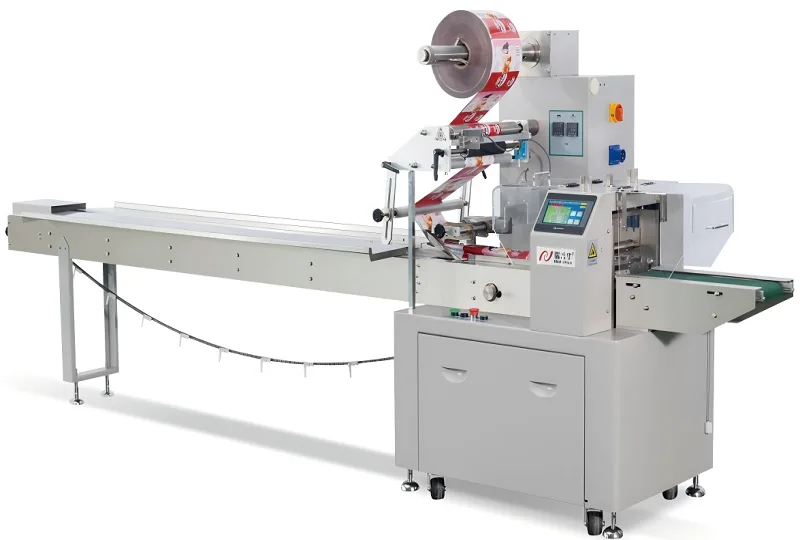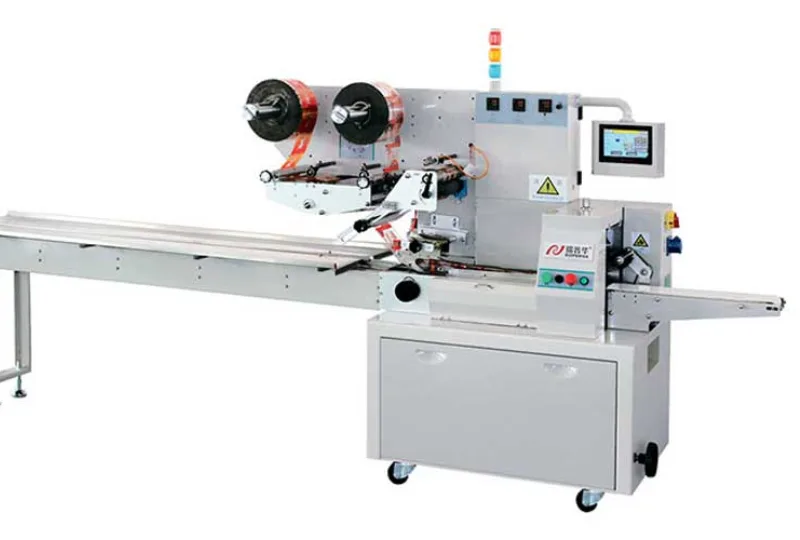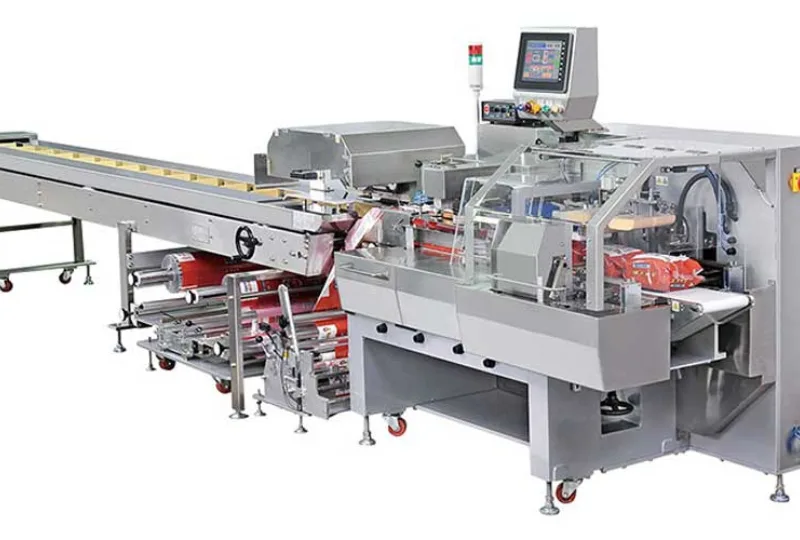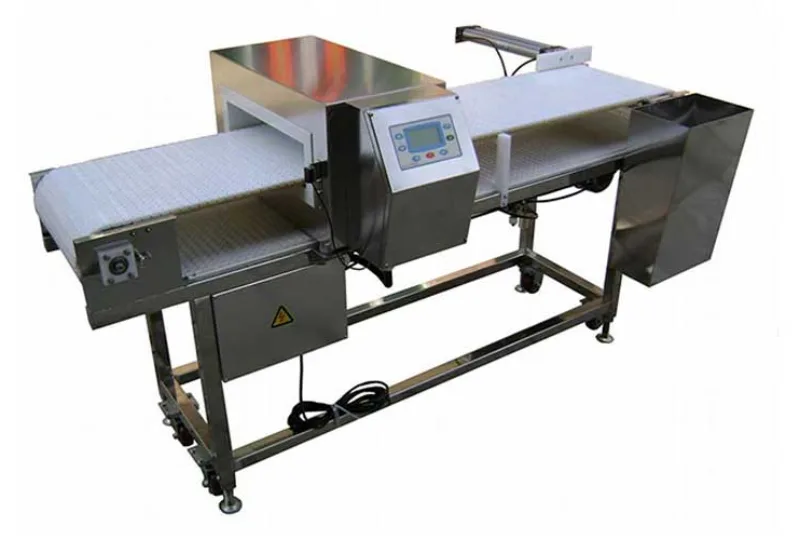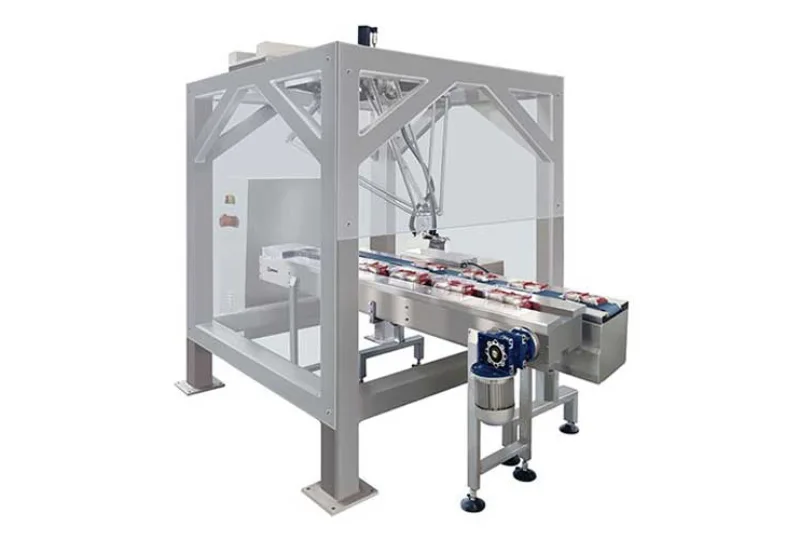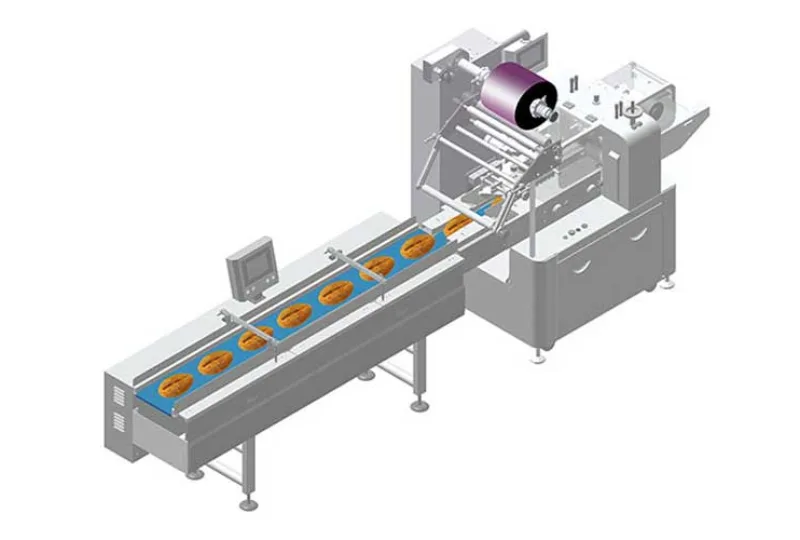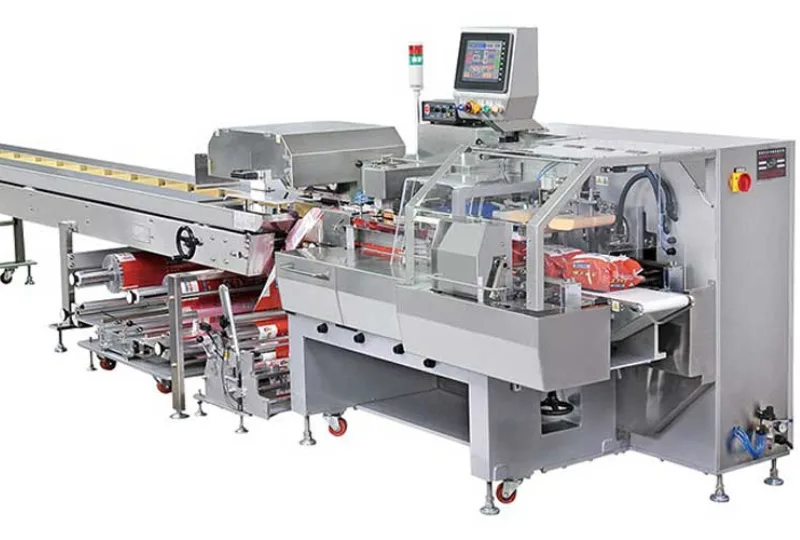The Environmental Impact of Modern Peanuts Bar Packaging Machines
The Environmental Impact of Modern Peanut Bar Packaging Machines
Packaging plays a crucial role in protecting food products and extending their shelf life. However, the environmental impact of packaging materials, particularly those used in the packaging of processed foods, has become a growing concern in recent years. This article examines the environmental impact of modern peanut bar packaging machines, shedding light on the potential consequences of their widespread use.
Material Consumption
Peanut bar packaging machines often use plastic materials, such as polyethylene and polypropylene, to create the wrappers and trays that enclose the bars. These materials have a high carbon footprint due to the energy-intensive processes involved in their production and disposal. The large quantities of plastic used in peanut bar packaging contribute significantly to the accumulation of plastic waste in landfills and oceans, where it can take hundreds of years to decompose.
Energy Consumption
Modern peanut bar packaging machines are typically automated, relying on electricity to power their various components. The energy consumption associated with these machines varies depending on factors such as machine size, efficiency, and operating hours. However, the overall energy footprint of these machines can be substantial, particularly in large-scale production facilities. The use of fossil fuels to generate this electricity contributes to greenhouse gas emissions and air pollution.
Waste Generation
In addition to the plastic waste generated by the packaging materials themselves, peanut bar packaging machines also produce other types of waste. For example, the machines often require regular maintenance and repairs, which can result in the disposal of used parts and materials. The production and disposal of these materials further contribute to the environmental impact of these machines.
Chemical Emissions
Certain types of plastic materials used in peanut bar packaging contain chemical additives that can pose risks to the environment. For instance, polyethylene terephthalate (PET), a common plastic used in food packaging, can release harmful chemicals during production and disposal. These chemicals can contaminate soil and water sources, potentially harming wildlife and human health.
Alternative Packaging Solutions
Recognizing the environmental concerns associated with traditional peanut bar packaging, researchers and manufacturers are exploring alternative packaging solutions. These solutions include the use of biodegradable and compostable materials, such as plant-based plastics and cellulose fibers. Biodegradable materials break down naturally in the environment, reducing the accumulation of plastic waste. Compostable materials can be broken down into nutrient-rich soil, providing a potential benefit to agriculture.
Conclusion
The environmental impact of modern peanut bar packaging machines is a complex issue with multiple facets. From plastic consumption and energy use to waste generation and chemical emissions, these machines contribute to various environmental challenges. While packaging is necessary to protect food products, it is important to consider the environmental consequences of the materials and processes involved. By promoting the adoption of more sustainable packaging solutions, we can reduce the impact of peanut bar packaging on the environment and protect our planet for generations to come.
-
01
Automatic Tray Loading and Packaging Equipment: Boost Efficiency to 160 Bags/Minute
21-11-2025 -
02
Automatic Soap Packaging Machine: Boost Productivity with 99% Qualification Rate
21-11-2025 -
03
A Deep Dive into Automatic Toast Processing and Packaging System
18-11-2025 -
04
The Future of Bakery Production: Automated Toast Processing and Packaging System
18-11-2025 -
05
Reliable Food Packaging Solutions with China Bread, Candy, and Biscuit Machines
11-10-2025 -
06
High-Performance Automated Food Packaging Equipment for Modern Production
11-10-2025 -
07
Reliable Pillow Packing Machines for Efficient Packaging Operations
11-10-2025 -
08
Advanced Fully Automatic Packaging Solutions for Efficient Production
11-10-2025 -
09
Efficient Automatic Food Packaging Solutions for Modern Production
11-10-2025 -
10
Advanced Automatic Packaging Equipment for Efficient Production
11-10-2025






